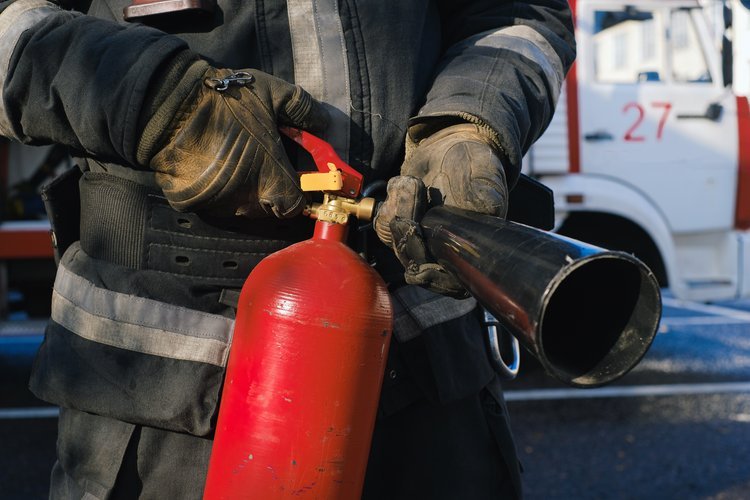September 2022 Safety Scoop: Emergency Response Equipment
Get the Scoop
No company wants to experience an actual emergency in the workplace. The best thing you can do is to be prepared, plan ahead and have the proper emergency response equipment available.
When preparing for emergency response having the proper equipment available can save lives. In this month’s Safety Scoop, MHSA will provide resources on the importance of understanding the purpose of and application of Emergency Response Equipment.
Here's The Scoop
What are the OHS requirements for emergency preparedness?
Does your workplace have appropriate plans in place that include assessing the risk of workplace activities?
Do you know what equipment is needed for all types of potential and actual emergencies at your workplace?
And much more…
Get the Training
This four-hour course will assist employers in identifying worksite-specific emergencies that may require rescue or evacuation and then developing safe and effective response plans, in accordance with Part 7 of the Alberta OH&S Code.
Topics include:
Emergency Response Overview, Team Planning and Risk Assessment
Emergency Mitigation, Preparedness, Assessing Response Capabilities, and Recovery & Disaster Management
Leadership, Teamwork, Communication and Inter-Agency Collaboration
Strategic Planning, Decision Making, Problem Solving and Continuous Improvement
This 4-hour "Hands-On" course is intended to give shop, field and office workers a basic understanding of the physical characteristics of fire and the safe use and limitations of portable fire-fighting equipment.
If a fire breaks out at your workplace, the ability to properly use a fire extinguisher could prevent a small fire from becoming large and causing significant damage. You’ll learn all the basics for fighting fires with our fire extinguisher training. Participants even have the chance to put their skills into practice with a live fire.
Topics include:
Combustion process and how fires burn
Fuel and heat types
Common types of fire extinguishers and extinguishing agents
Steps involved in extinguishing a fire: P.A.S.S. (Pull the pin, Aim, Squeeze, Sweep)
Basic fire safety guidelines, including the Occupational Health &
Safety Act, Regulation & Code
Visit our course calendar to explore other courses, see availability in your region, and register today!



